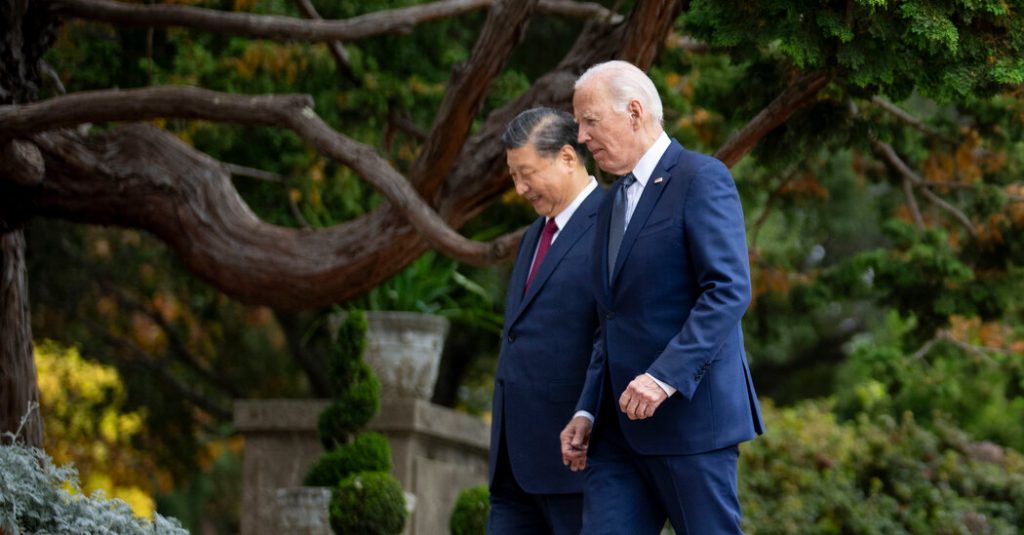The United States and Britain have imposed sanctions on China’s elite hacking units, accusing Beijing’s top spy agency of a yearslong effort to infiltrate critical infrastructure and steal sensitive data. This escalation of cyberconflict underscores the growing tensions between Western allies and Beijing in the realms of cybersecurity. American intelligence agencies have found malware in U.S. infrastructure that could be used if the U.S. were to assist Taiwan, diverting resources away from the aid effort. The motives behind the British intrusion are more mysterious, involving the theft of voter registration data and attempts to hack into the accounts of members of Parliament. Sanctions were announced by both countries against the state-directed group involved in the cyberattacks, highlighting a tougher stance against China.
The United States and Britain are increasingly public about the dangers posed by Chinese cyberattacks, with cabinet secretaries and intelligence chiefs testifying before Congress about the threat. The operation called Volt Typhoon has been a significant concern for President Biden and his team as they work to secure critical systems. The U.S. is collaborating with allies like Britain, Canada, and Australia to address China’s hacking activities, with growing concerns that the issue has not received enough attention due to other global conflicts. Chinese officials have dismissed reports of hacking as “fake news,” denying involvement in the cyberintrusions. The U.S. Treasury Department described state-sponsored cyberactors as a major threat to national security, leading to the imposition of sanctions.
The Justice Department announced charges against seven Chinese nationals involved in cyber intrusions and wire fraud as part of the APT31 hacking group. The hackers targeted American companies, government officials, and political figures using tactics like hidden tracking links in emails to compromise electronic devices. Wuhan Xiaoruizhi Science and Technology Company was added to the sanctions list for its role as a front company for China’s ministry of state security, running the cyberespionage operation. The government-controlled ministry has become Beijing’s primary hacking operation, taking over from the People’s Liberation Army. Despite efforts by the Biden administration to stabilize relations with China, the issue of cyberintrusions remains a point of contention.
The motive behind China’s targeting of the names and addresses of British voters remains unclear, as such information is readily available from data brokers. The breach of the Electoral Commission involved retrieving voter registration data from 2014 to 2022. While the commission stated that the data was limited and much of it was already public, there were concerns that it could be combined with other information to create profiles or infer behavioral patterns. The hacking incident was seen as a threat to the U.K.’s democratic process and institutions, prompting heightened vigilance. Attempts to hack email accounts of members of Parliament were also confirmed by British officials, targeting lawmakers critical of China’s activities.
British responses to the cyberintrusions included sanctions against individuals and a company involved in the hacking attempts and summoning China’s ambassador for a diplomatic reprimand. Members of Parliament targeted in the hacking attempts included prominent critics of China’s actions, although no accounts were successfully compromised. The incident has raised concerns about the international threats faced by the U.K.’s democratic processes, with continued vigilance required to address cybersecurity risks. Beyond the immediate sanctions and responses, the wider implications of cyberattacks on critical infrastructure and political systems are being closely monitored by Western nations as they navigate the evolving landscape of cyberconflict.


